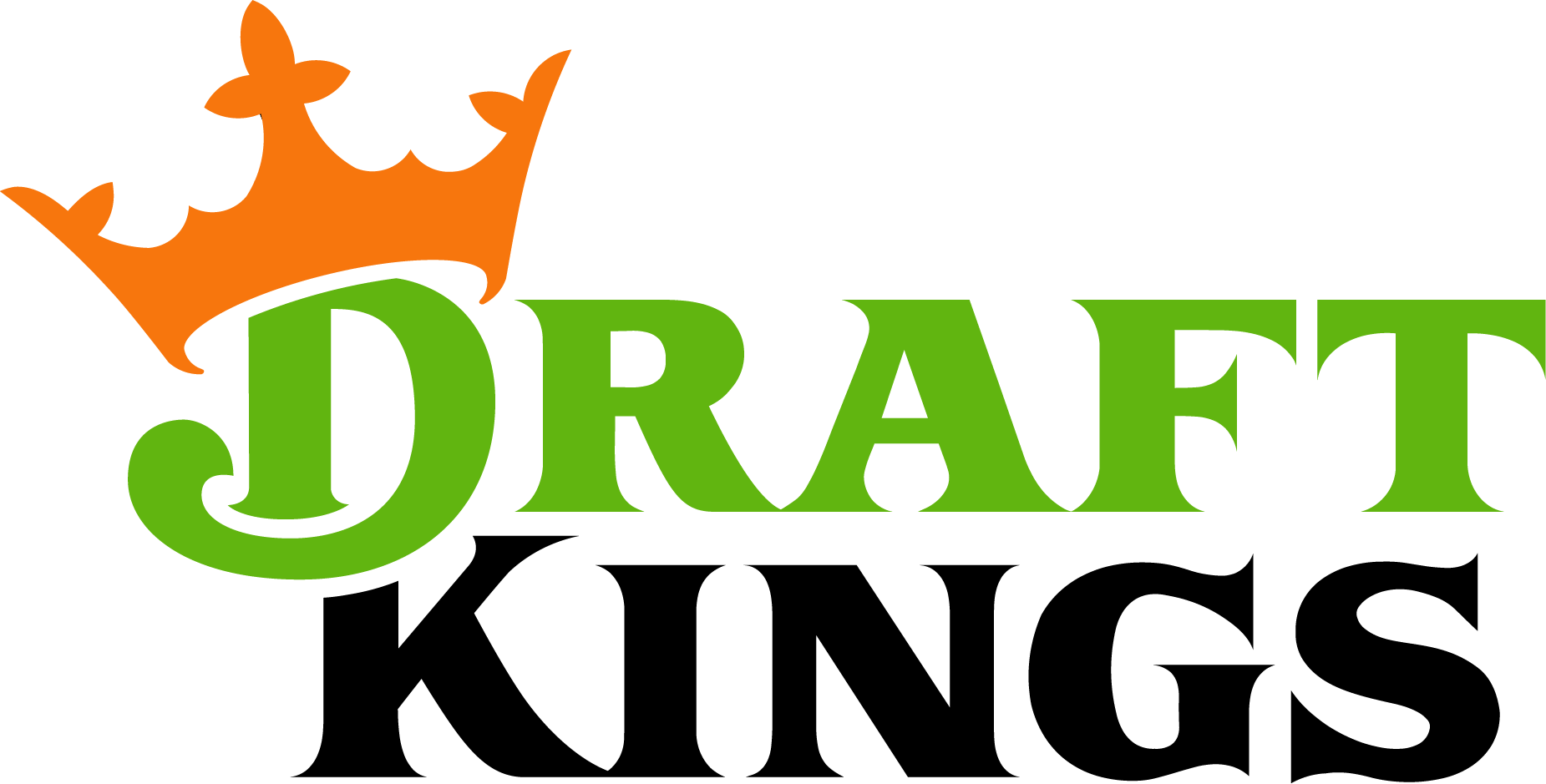Tech Skill
.NET Skills
All about .Net
.NET is a framework created by Microsoft that consists of common language runtime and its own class library. Its key benefits are managing code at execution in the form of memory management, thread management, and remoting. It also has added safety and code accuracy benefits. .NET applications can be deployed to Windows, or Linux via the open source Mono implement, and Microsoft’s own open source implementation. .NET skills achieved widespread use in the game industry, having been incorporated into the Unity 3D game engine.
At its core, .NET consists of two main components: the Common Language Runtime (CLR) and the .NET Class Library. The CLR provides a runtime environment for executing .NET code, while the .NET Class Library provides a rich set of APIs and components for common programming tasks.
New Data & Insights
Hired’s previous State of Software Engineers report has become an article series focused on Software Engineer Trends featuring:
- Trends in Software Engineer Tech Skills: 2024 Report
- Will AI Replace Programmers? New Expert Insights
- Trends in Software Engineer Specializations: 2024 Report
What to use .NET for
.NET’s versatility makes it suitable for a wide range of use cases, such as:
Web development
.NET enables developers to build modern and scalable web applications using frameworks like ASP.NET Core and Blazor. With .NET, developers can create dynamic web applications, APIs, and microservices that run on any platform and scale effortlessly.
Desktop development
.NET provides frameworks like Windows Forms, WPF (Windows Presentation Foundation), and Xamarin.Forms for building desktop applications for Windows, macOS, and Linux. With .NET, developers can create rich and interactive desktop applications with a native look and feel.
Mobile development
.NET offers Xamarin, a framework for building cross-platform mobile applications for iOS, Android, and Windows using a single codebase. With Xamarin, developers can leverage their existing .NET skills to build native mobile apps that share code across multiple platforms.
Cloud development
.NET provides tools and services for building cloud-native applications and services on platforms like Azure. With .NET Core and Azure, developers can build and deploy scalable and resilient cloud applications, leverage serverless computing, and integrate with Azure services like AI and machine learning, IoT, and big data.
Game Development
.NET offers frameworks like Unity for building cross-platform games for consoles, desktops, mobile devices, and the web. With Unity and .NET, developers can create immersive and interactive gaming experiences using the power of .NET’s programming model and Unity’s game development tools.
Companies of all sizes use Hired to find engineers with .NET skills
What is a .NET developer?A .NET developer is a skilled software engineer who specializes in using the .NET framework to build and maintain applications across various platforms and domains. Beyond just writing code, a .NET developer is proficient in understanding .NET’s architecture, designing scalable and maintainable solutions, and collaborating effectively with other team members.
Here’s what it means to be a .NET developer:
- Proficiency in .NET: A .NET developer is fluent in using the .NET framework, including its various components, languages, and tools. They understand .NET’s programming model, APIs, and best practices and know how to leverage them to build high-quality applications.
- Platform expertise: .NET developers have expertise in building applications for different platforms, including web, desktop, mobile, and cloud. They understand the unique requirements and challenges of each platform and know how to tailor their solutions accordingly.
- Language skills: .NET developers are proficient in programming languages like C#, VB.NET, and F#, which are commonly used for .NET development. They understand the syntax, features, and idioms of these languages and know how to write clean, maintainable, and efficient code.
- Problem-solving abilities: .NET developers are adept at solving complex problems and troubleshooting issues that arise during the development process. They understand software design patterns, algorithms, and data structures and know how to apply them effectively in .NET development.
- Collaboration skills: .NET developers work closely with other team members, including designers, testers, and project managers, to deliver successful projects. They communicate effectively, share knowledge and expertise, and contribute to a collaborative and productive team environment.
Curious about salary ranges for developers with .Net skills? Check out Hired’s Salary Calculator and our most recent tech compensation data report.
Most important .NET developer skills in 2024As we look ahead to 2024, the demand for .NET developers continues to grow, and new skills and capabilities are required to stay ahead of the curve. Here are some of the most important skills for .NET developers in 2024:
- .NET 6 and beyond: .NET developers need to stay up-to-date with the latest advancements in the .NET ecosystem, including the release of .NET 6 and future versions. They should be familiar with new features, improvements, and APIs introduced in each release and know how to leverage them in their projects.
- Cloud-native development: With the increasing adoption of cloud computing, .NET developers need skills in cloud-native development using platforms like Azure. They should be proficient in building and deploying cloud-native applications, leveraging services like Azure App Service, Azure Functions, and Azure Kubernetes Service (AKS).
- Microservices architecture: .NET developers should have expertise in designing and implementing microservices architectures using frameworks like ASP.NET Core and Docker. They should understand concepts like service decomposition, containerization, and orchestration and know how to build scalable and resilient microservices-based applications.
- DevOps practices: .NET developers need skills in DevOps practices and tools for automating the software development lifecycle, including continuous integration, continuous delivery, and continuous deployment (CI/CD). They should be familiar with tools like Azure DevOps, GitHub Actions, and Jenkins for automating build, test, and deployment processes.
- Security and compliance: .NET developers should have expertise in security best practices and compliance requirements for building secure and compliant applications. They should understand concepts like identity and access management (IAM), encryption, and secure coding practices and know how to implement security controls and measures to protect .NET applications and data.
How Hired helps employers find .Net developers
If you’re a talent acquisition professional or tech hiring manager seeking software engineers, consider a .NET developer to bring these key benefits to the table:
- Platform consistency: .NET developers can leverage their expertise in the .NET framework to build applications that run consistently across different platforms, including web, desktop, mobile, and cloud.
- Productivity and efficiency: .NET developers can leverage the productivity features of the .NET framework, including rich libraries, tools, and IDE support, to build applications faster and more efficiently.
- Scalability and performance: .NET developers can build scalable and high-performance applications using the scalability and performance features of the .NET framework, including multi-threading, asynchronous programming, and optimized runtime execution.
- Flexibility and extensibility: .NET developers can build flexible and extensible applications using the modularity and extensibility features of the .NET framework, including dependency injection, reflection, and component-based architecture.
- Community and support: .NET developers can leverage the vibrant and supportive .NET community, including forums, user groups, and online resources, to share knowledge, solve problems, and stay updated on the latest trends and best practices in .NET development.
Looking for candidates skilled in .NET? Technical assessments are a multi-pronged solution. They allow you to streamline the hiring process and reduce bias with tech skill-focused benchmarks.
Hired Assessments offers a library of hundreds of questions and customizable challenges tailored to technical preferences. See how Mastercard and Axon used Hired Assessments to vet top candidates. More customer success stories.
Hired also provides coding challenges, which give employers exclusive access to candidates who pass custom technical assessments. Learn more about how to accelerate technical hiring with these challenges.
Are you interested in learning more .Net skills or finding a new tech role?
.NET resources
Check out our resources to continue sharpening your .NET skills.
Hired profiles help developers showcase their top tech skills
After passing Hired skills assessments, candidates have the chance to showcase their skills to employers. They can opt to present an ‘Assessments’ badge on their profile. Candidates may take various assessments including Programming Skills, Full Stack, Backend, Frontend, iOS, Android, Debugging, Dev Ops Generalist, and Dev Ops AWS.
Find .NET jobs on Hired.
Resources you’ll love

How to Use Coding Challenge Events to Build Tech Talent Pipeline
About this eBook Today’s recruiting and hiring teams face multiple challenges, from low brand...

8 Ways to Hire Faster & Build a Better Employer Brand
What You’ll Learn How to fill positions more efficiently through tools, templates, and...

6 Reasons You Think You Don’t Need Hired
Or, Why It Could Be Your Best Recruiting and Hiring Solution We meet a lot of people who...



